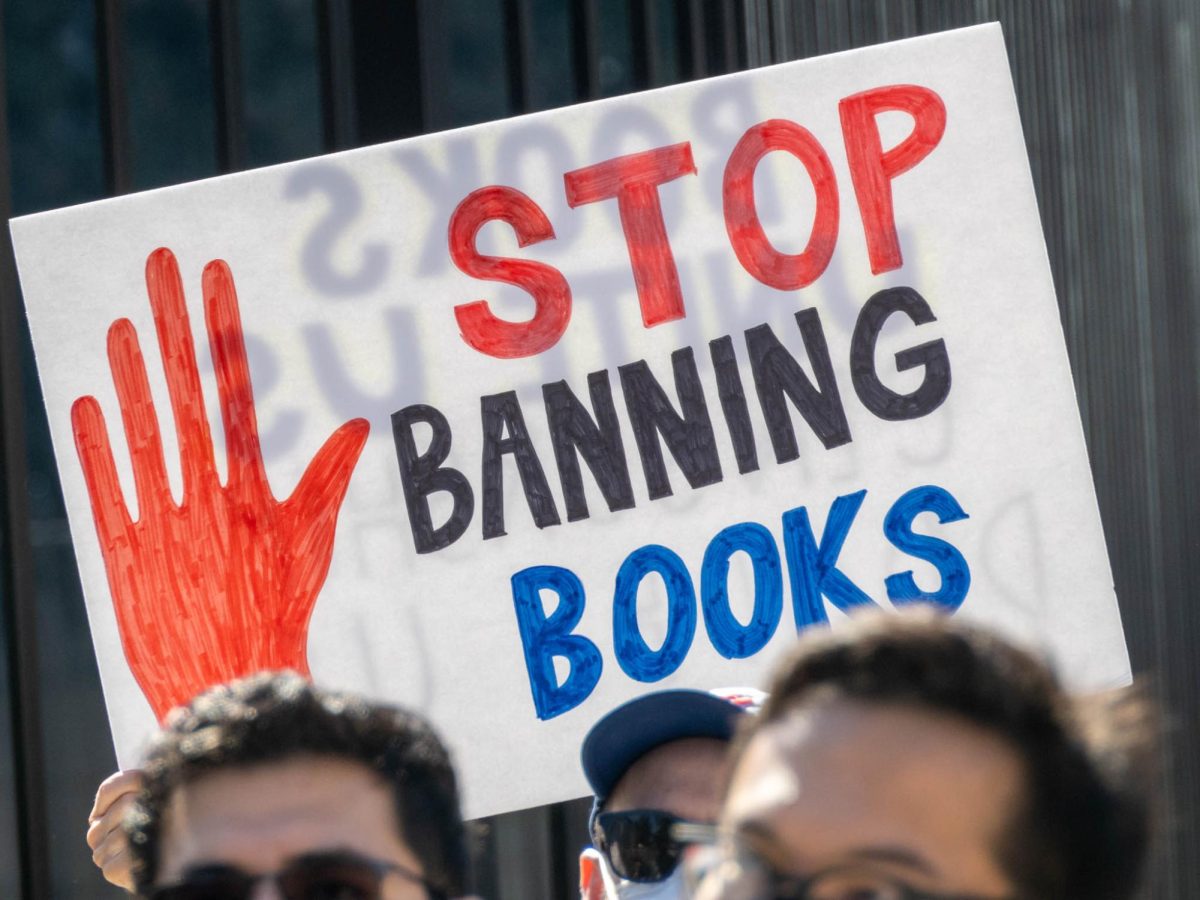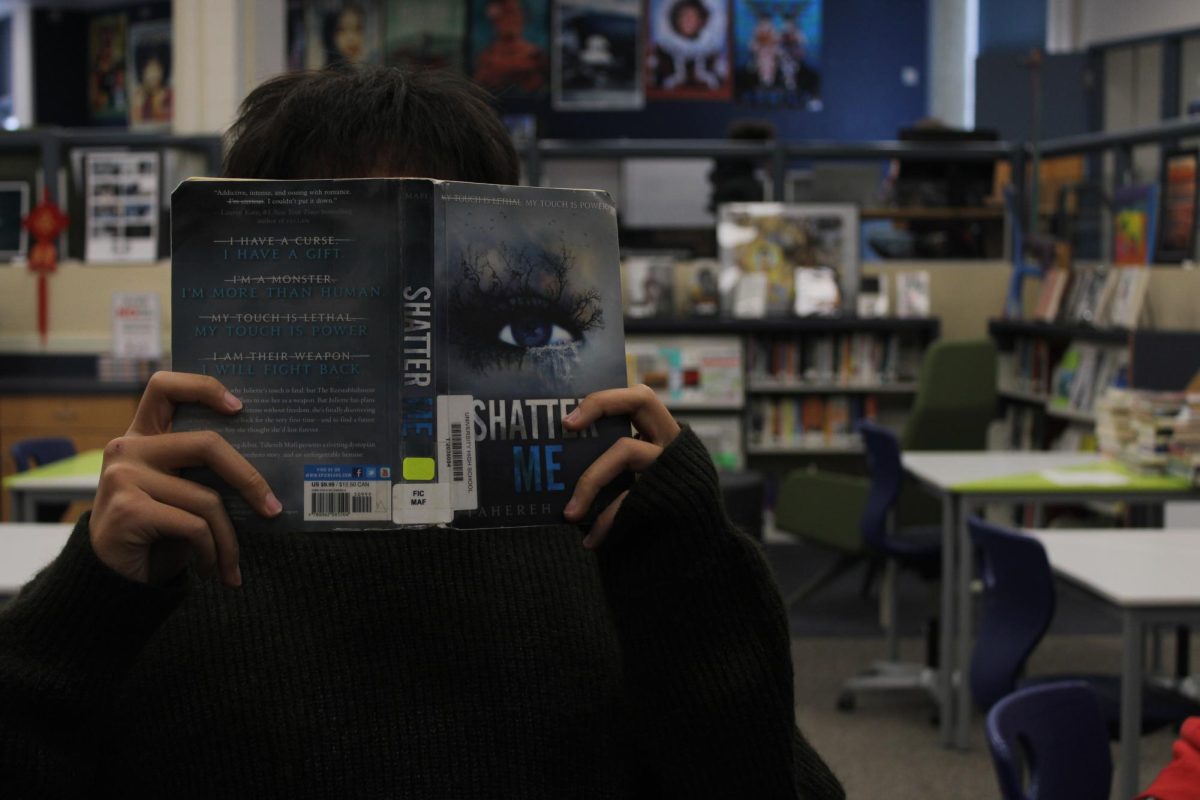By AMY WONG
Staff Writer
Once upon a time in Hollywood, being Asian and starring in a romcom were mutually exclusive events. But this past August gave us not one, but two Asian blockbusters: Crazy Rich Asians and To All The Boys I’ve Loved Before, both of them adapted from books of the same name. And they’ve changed the game in the movie industry.
But not everyone agrees. Although Crazy Rich Asians is a box office hit and To All The Boys I’ve Loved Before is equally successful on Netflix, many moviegoers criticize the hype both movies have received. The overall sentiment seems to be that because of the nature of their genre (romantic comedy), the impact of these movies on Hollywood, standards of diversity, and representation of the Asian and Asian-American communities aren’t as strong as people say. But even though neither movie is dedicated to social issues, both movies succeed in shedding new light on what it means to be Asian and tearing apart the common stereotypes of Asian characters in Hollywood, and their worth shouldn’t be diminished on the grounds that it’s “just a romcom”.
Let’s start with talking about Crazy Rich Asians, the first movie since Joy Luck Club (1993) to feature an all-Asian cast. The film, starring Constance Wu and Henry Golding, follows the love life of Rachel Chu (played by Wu), an economics professor at NYU. She dates Nick Young (played by Golding) and discovers that he is the heir to a billion-dollar company. When American-Born-Chinese Rachel is invited back to Singapore for the wedding of Nick’s best friend, she struggles to impress Nick’s traditional, old-money family. This is already a contrast to most movies centering around the Far East, which is depicted either as a land of historical royalty or an undeveloped slum rampant with poverty and misery from which the protagonist will rise and become wealthy and famous. In Crazy Rich Asians, the Youngs are the “biggest property developers in all of Singapore”. The positive portrayal of the nicer parts of Asia, and not just the poor, undeveloped areas that are shown frequently in the media, is a step in the right direction at erasing Asia’s negative economic image.
Crazy Rich Asians also turns the stereotype of the nerdy, geeky Asian on its head: each character is given a personality that extends beyond academic and financial success, two of the most common defining traits in Hollywood’s Asian characters. One great example is in a speech that Nick’s cousin, Astrid (Gemma Chan), gives after divorcing her husband. Astrid calls out her husband for having an affair because he is insecure about the wealth disparity between them, and ends the scene by saying, “It isn’t [her] job to make him feel like man”. This portrayal sorts Astrid into neither the fierce martial artist nor the meek, shy girl commonly seen on the silver screen. Not only is this empowering to Asian women everywhere, but it’s a refreshing break from seeing either of the classic Asian stereotypes. Another example can be seen in the main men of the film, Nick and Colin. In most mainstream media, Asian men are portrayed as short, unsexy math/computer science nerds who can’t get girlfriends. In Crazy Rich Asians though, Nick and Colin have more than their fair share of shirtless scenes, and neither of them are portrayed to be shy or socially awkward.
If Crazy Rich Asians focuses too much on adults and how they’re portrayed, then let’s look at the characters of To All The Boys I’ve Loved Before. The movie follows Lara Jean Song-Covey, a hopeless romantic who writes five love letters to each boy she’s ever had a crush on. One day, all five letters are mailed out to each of their respective recipients, and of course, chaos ensues.
What makes the movie so different from other mainstream Hollywood films is, again, the portrayal of how Asians are seen in everyday life. The stereotypical image that comes to mind is the math nerd, or the quiet, emotionless one in the corner. But Lara Jean doesn’t have an obsession with math or science. She loves baking and she loves love. She’s more open about her feelings than a vast majority of of Asian characters seen in mainstream Hollywood movies––she writes love letters to her crushes! This starkly contrasts with the image of closed off, emotionless Asians that we so often see. In fact, not only is it a relief to see an Asian character with a personality that extends beyond an obsession with academics, but it also sends the message that it’s okay to be in touch with your emotions, even if popular media doesn’t show that side of you. It validates that part of society and normalizes it, when in the past, it’s never been shown or discussed in depth.
The funny thing is, all of these movies would just be romcoms if the cast was all or majority white. So why does one variable, being Asian, make such a big difference? It’s because that being Asian has so many more subtle implications about these movies’ ultimate messages. We’ve been trained to see and think of certain images or tropes when we see movies, and to see different, non-white people in those images is almost shocking. It breaks stereotypes and preconceived ideas of what being Asian should be like, according to media that’s been produced by and for a non-Asian audience. These movies are not ‘just romcoms’. They have layers of background that add nuances to the overall message these movies are trying to send to us, more so than romcoms with less diversity. They change perceptions, and although the change is slow, as all social change is, its value in making that change is not made less just by the fact that it comes from an unconventional source.
Crazy rich represent-asian
October 10, 2018
0
Donate to Sword & Shield
$180
$1000
Contributed
Our Goal
Your donation will support the student journalists of University High School. Your contribution will allow us to purchase equipment and cover our annual website hosting costs.
More to Discover














